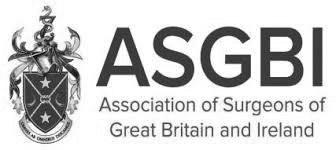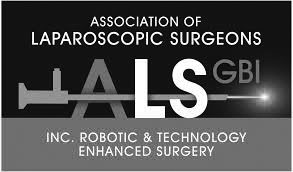Mr Anthony Antoniou, Consultant in Laparoscopic and Colorectal Surgery
Mr Anthony Antoniou
Consultant in Laparoscopic and Colorectal Surgery
Mr Anthony Antoniou BSc MB BChir MS FRCS (Gen)
Consultant in Laparoscopic and Colorectal Surgery
Mr Anthony Antoniou
Consultant in Laparoscopic and Colorectal Surgery BSc MB BChir MS FRCS (Gen)

Areas of expertise
- Colorectal surgery
- General surgery
- Inflammatory bowel disease
- Colon and rectal cancer
- Anal cancer


Recommendations for Mr Antoniou
These recommendations are for information purposes only. Doctors providing recommendations do so in good faith and are not responsible for clinical outcomes.












Recommended by:
Make an appointment
Address
-
London Digestive Centre
41 Welbeck Street, London, W1G 8DU
-
The Princess Grace Hospital
42-52 Nottingham Place, London, W1U 5NY
-
The Princess Grace Hospital Outpatients
30 Devonshire Street , London, W1G 6PU
About Mr Anthony Antoniou
Mr Anthony Antoniou is a Consultant Colorectal Surgeon at The Princess Grace Hospital and London Digestive Centre. He performs laparoscopic (keyhole) colorectal, complex cancer, and general surgical procedures. Mr Antoniou also works as a Consultant Colorectal Surgeon at St Mark’s Hospital, The National Bowel Hospital, an internationally recognised centre specialising in colorectal and intestinal diseases. He attends to emergencies as well as cancer treatments. Mr Antoniou has the ability to perform complex cancer surgery for patients who have recurrent or locally advanced colorectal cancer. He also specialises in benign bowel pathology.
Mr Antoniou graduated from the University of Cambridge in 1993 and continued his training in East Anglia, the South East, and London. He obtained his Fellow of the Royal College of Surgeons of England in 1996. He has practised in many major teaching hospitals, including King’s College Hospital and St Mary’s Hospital. During his time at St Mary’s, he completed his laparoscopic fellowship at the Hamlyn Centre. He took up an appointment as a consultant at The Royal Marsden Hospital in 2006, setting up the colorectal unit there.
His research interests include the development and treatment of benign, malignant, and advanced colorectal diseases. He has published in high-impact journals through collaboration with renowned academic centres and presented widely at both national and international conferences. Mr Antoniou specialises in areas such as anal and trans-anal surgery, colon and rectal cancer, endoscopic surgery, and inflammatory bowel disease. He is also proficient in procedures like polypectomy and HIPEC.
Areas of expertise
- Abdominal wall reconstruction
- Abdominoperineal resection
- Abscess incision and drainage
- Anal and trans-anal surgery
- Anal cancer
- Anal fistula
- Appendicectomy
- Appendicitis
- Bowel cancer
- Bowel diversion surgery
- Bowel obstruction
- Bowel surgery (colectomy)
- Colon and rectal cancer
- Colonoscopy
- Coloproctology
- Colorectal surgery
- Conventional/open surgery
- Cytoreductive surgery
- Diverticulitis
- Endoscopic surgery (gastroscopy, colonoscopy, flexible sigmoidoscopy)
- Endoscopy (ogd)
- Excision of benign lesions
- Excision of lymph nodes
- Excision of sebaceous cysts
- Faecal incontinence
- Femoral hernia
- Functional bowel disease and motility disorders
- Gastrointestinal bleeding
- Gastrointestinal stromal tumour (GIST) excision
- General surgery
- Haemorrhoids
- Heated intra-peritoneal chemotherapy (HIPEC)
- Hernia
- Inflammatory bowel disease
- Inguinal hernia
- Inguinal node dissection
- Laparoscopic colorectal surgery
- Laparoscopy
- Lipoma removal
- Neuroendocrine tumours (nets)
- Open hernia repair
- Peritoneal surgery
- Peritoneal tumours
- Pilonidal sinus disorders
- Pilonidal sinus excision
- Polypectomy
- Radiation proctitis
- Rectal biopsy
- Recurrent cancer surgery
- Removal of rectum and colon (proctocolectomy)
- Skin lesion removal (warts, moles and skin tags)
- Surgical oncology
Professional memberships




_1576765218137.png)














